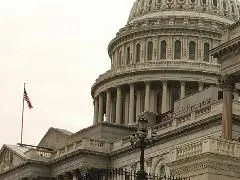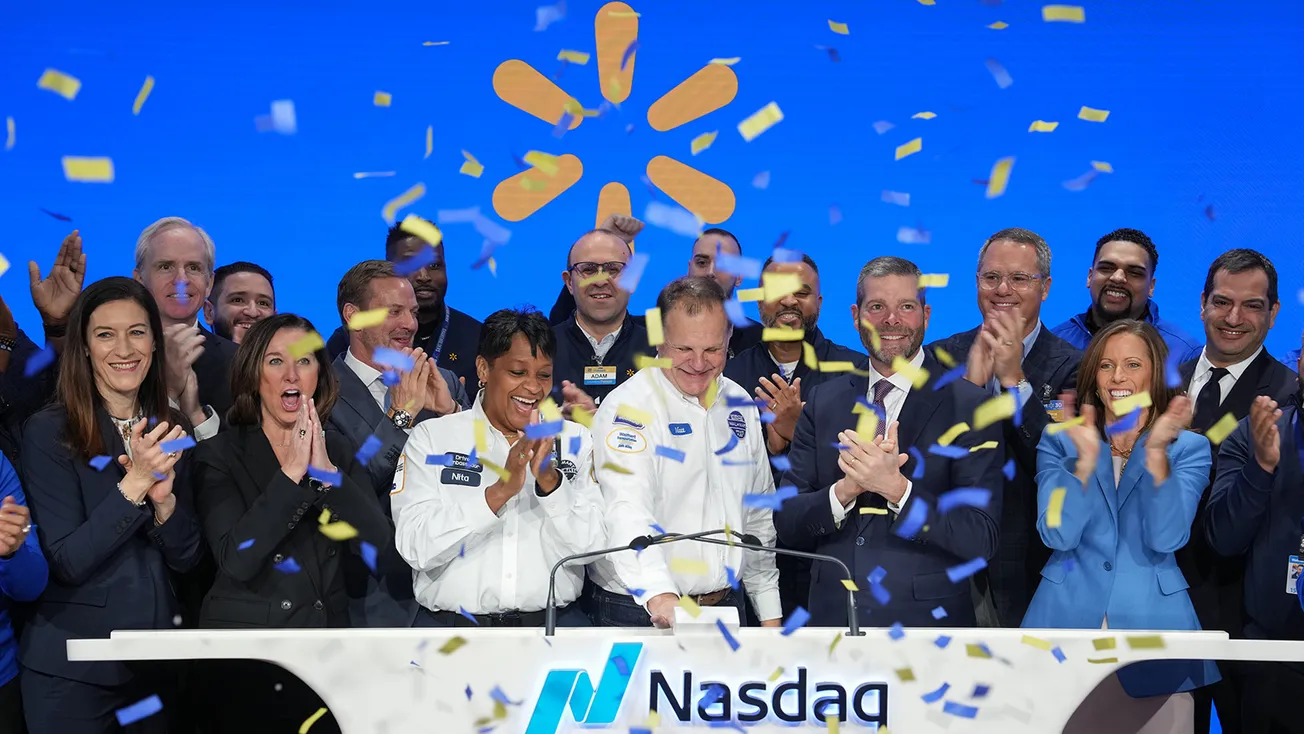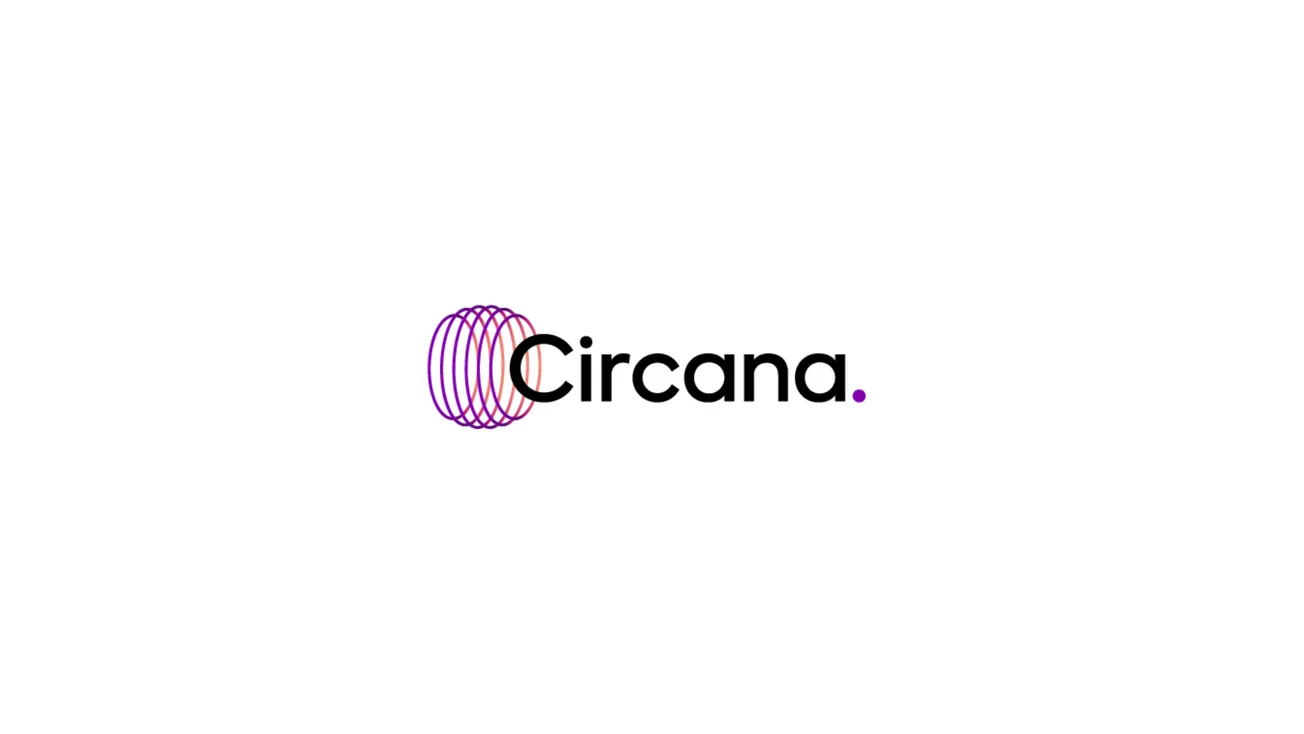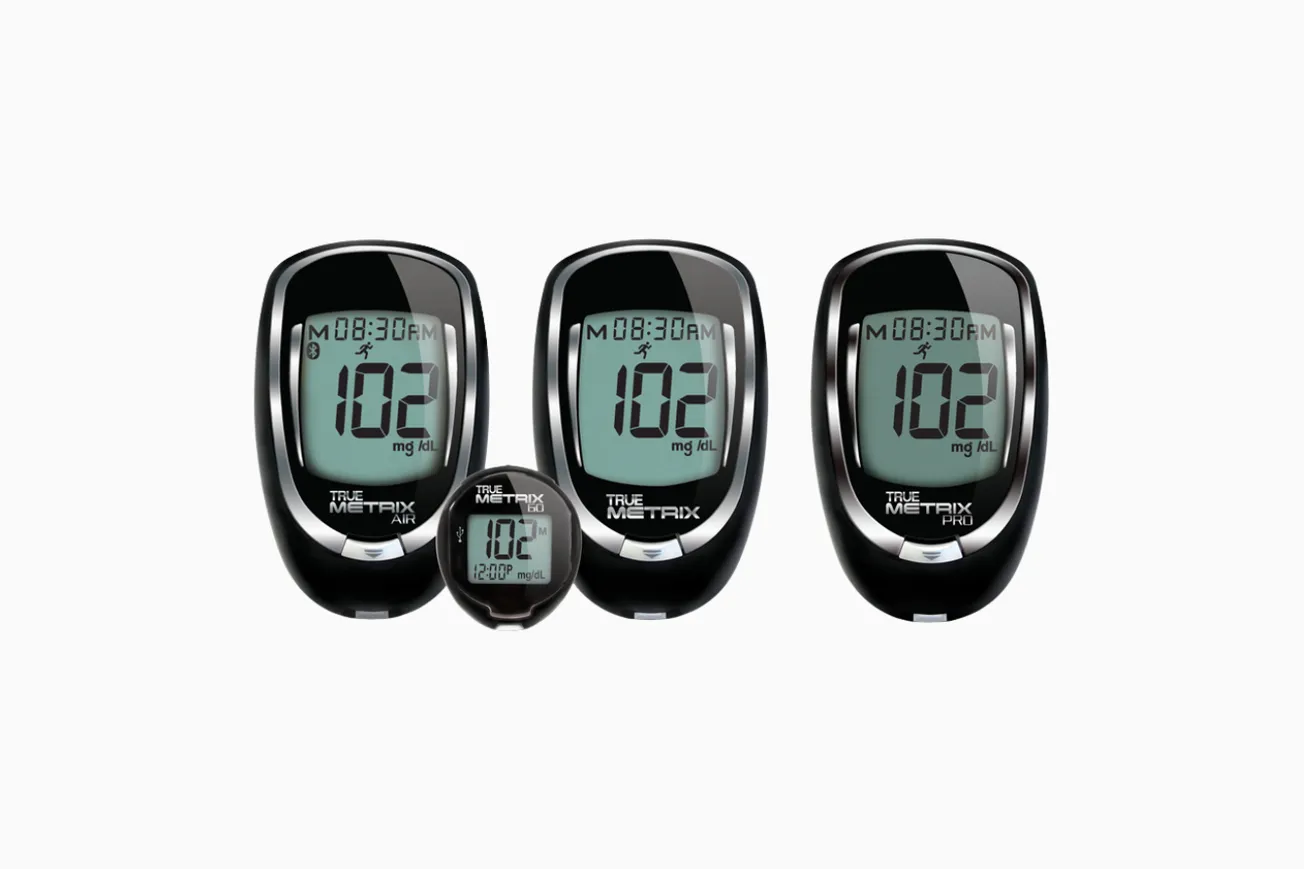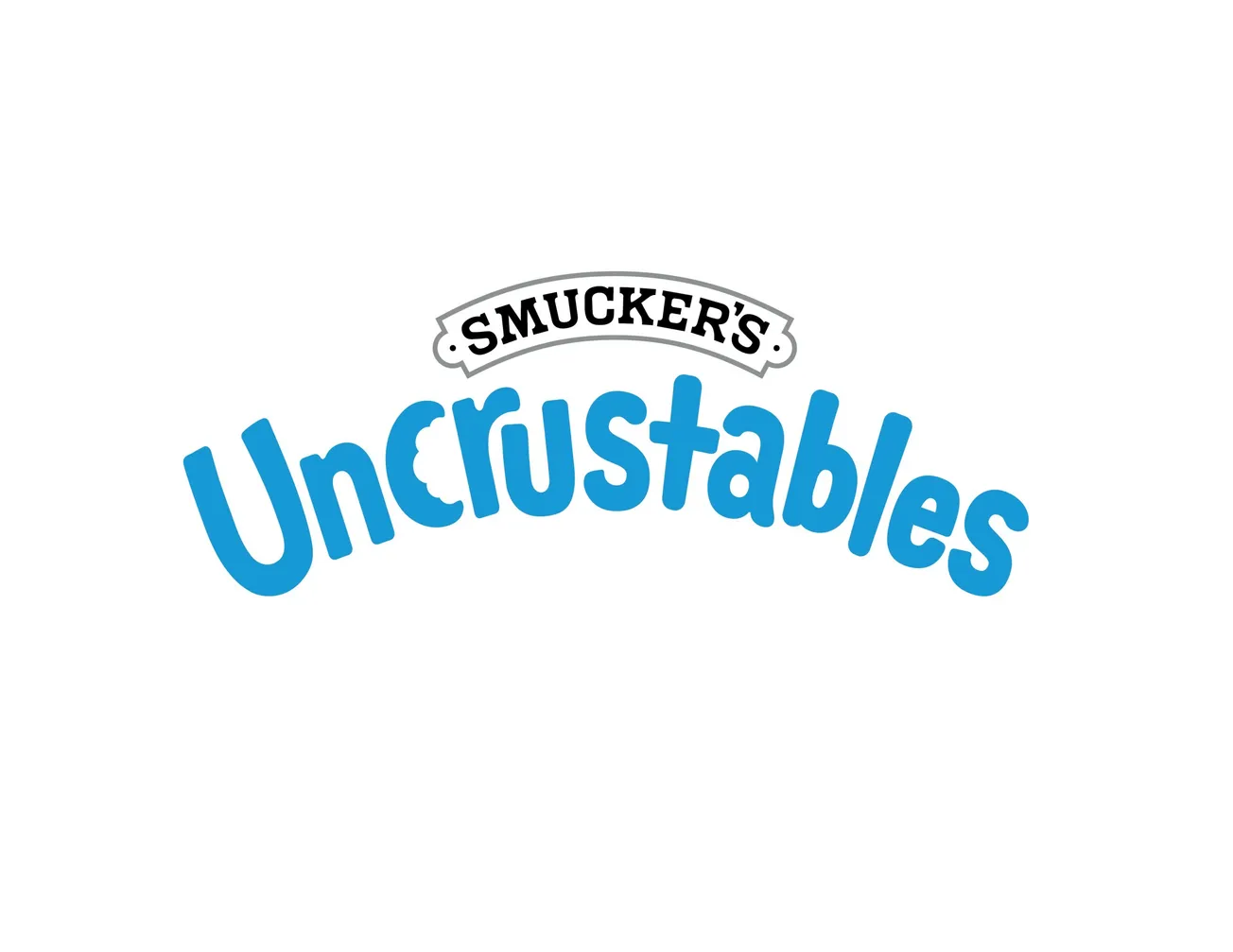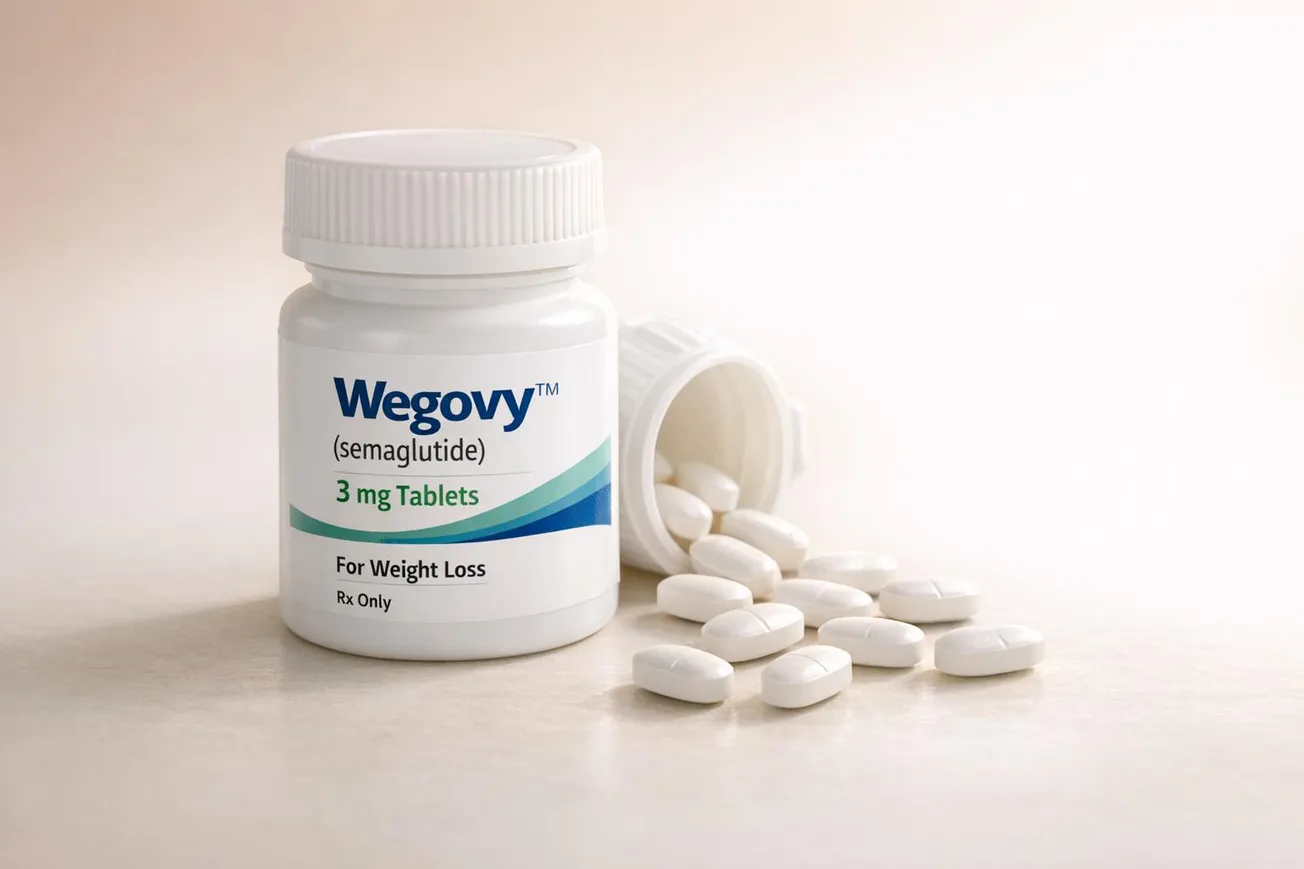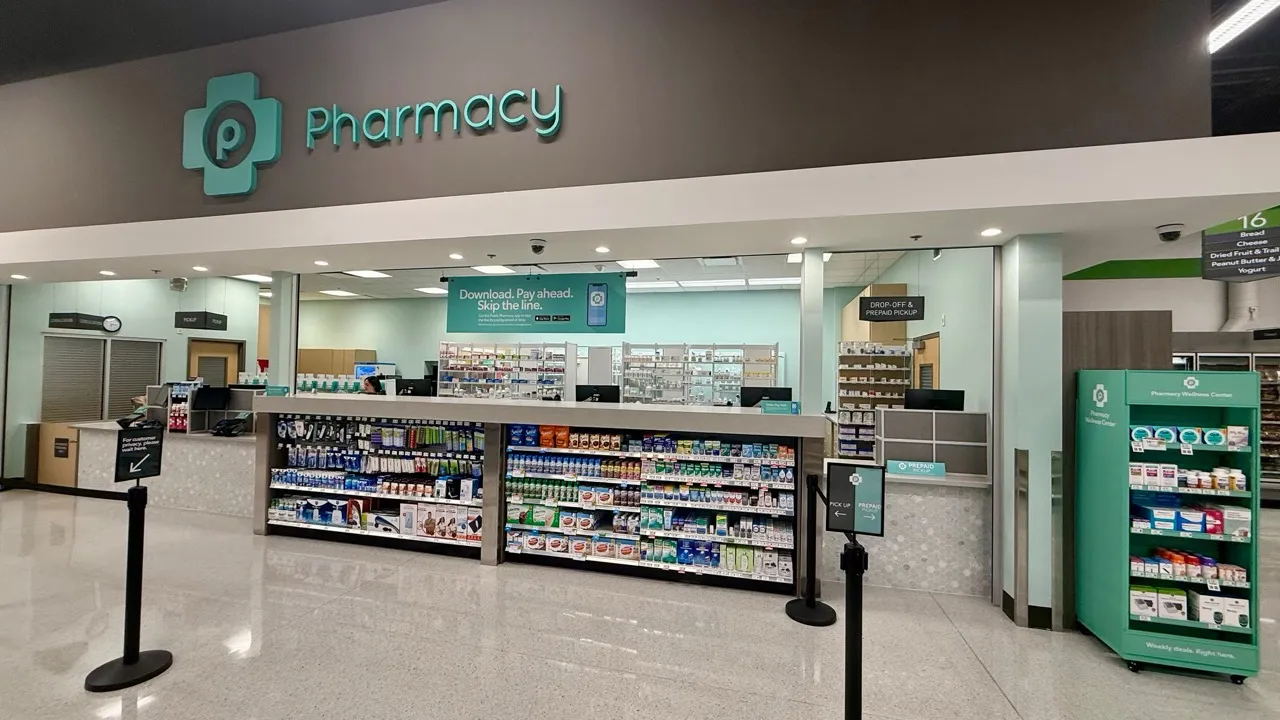WASHINGTON — At a congressional hearing, the chief executive officers of pharmacy benefit managers (PBMs) Express Scripts Inc. and Medco Health Solutions Inc. made the case for the companies’ merger deal, which retail and specialty pharmacy groups and others have called anticompetitive.
Express Scripts chairman and CEO George Paz and Medco chairman and CEO David Snow, appearing Tuesday before the House Judiciary Subcommittee on Intellectual Property, Competition and the Internet, defended the $29.5 billion merger as a way to provide more cost-effective prescription drug benefits for patients, employers and health plans as well as improve the efficacy of pharmacy care.
The committee also fielded testimony from other pharmacy and prescription drug benefit stakeholders, who reiterated their competitive concerns about the merger.
"The merger of Express Scripts and Medco will help make prescription drugs more affordable for seniors, people with disabilities and working families. It will also help small businesses and large employers better compete in a global economy by helping to rein in their medical costs," Paz said in his comments to the House committee. "Finally, a combined Express Scripts and Medco will help deliver real savings to Medicare and Medicaid beneficiaries and put our nation’s fiscal footing on a stronger foundation."
"The merger of Express Scripts and Medco will help make prescription drugs more affordable for seniors, people with disabilities and working families." — George Paz, Express Scripts |
Both he and Snow dispelled claims by opponents of the merger that the union of Express Scripts and Medco would tilt the competitive playing field too much in favor of PBMs.
"PBM clients will have plenty of competitive choices post-merger, and the combined Express Scripts and Medco will be fully subject to the competitive pressures that will ensure value-based pricing and service," Snow said in his remarks to the committee. "The reality is that the PBM business is extremely competitive and that competition will only be enhanced rather than diminished by the Express Scripts-Medco merger."
Paz stated that PBMs make prescription drugs more affordable "by creating old-fashioned American competition among brand-name and generic drug manufacturers as well as among more than 60,000 chain drug stores, mass merchandisers, independent pharmacies, and grocery pharmacies." And he noted that his company faces off with numerous players in the prescription drug benefits arena.
"Express Scripts is one of more than 40 pharmacy benefit managers, or PBMs, operating in the United States," Paz commented. "Every year, Express Scripts is hired by thousands of small businesses, Fortune 500 employers, Taft-Hartley funds, managed care plans, and state and local governments to manage the pharmacy benefits for more than 50 million patients. We are quite proud, however, that our clients ‘re-elect’ us 98% of the time."
According to Snow, the pool of knowledge that Medco and Express Scripts bring to table as a single entity will foster improved results in pharmacy care.
"Competition will only be enhanced rather than diminished by the Express Scripts-Medco merger."— David Snow, Medco Health Solutions |
"Combining Medco’s expertise in advanced clinical pharmacy with Express Scripts’ expertise in behavioral science will create a new entity that is uniquely able to provide significant progress toward closing gaps in care, saving dollars and saving lives," he explained. "By joining together, millions of members served by both of our companies will reap the benefits of these unique and complementary programs: increased prescription adherence and reduced gaps in care, resulting in better health outcomes and lower costs."
Express Scripts-Medco also would spur increased utilization of lower-cost generic drugs, Paz told the committee. "Trend management tools that promote the use of generic drugs are the single most potent tool to lower drug spending. Largely because of the leadership from companies like mine, the use of generic drugs has saved American patients and payers $824 billion in the last decade alone," he explained.
Paz also noted that the merged company would improve prescription drug safety, help law enforcement in investigations of criminal prescribing or dispensing practices as well as "doctor shopping," and help government agencies track supply chain disruptions and better respond to public health emergencies.
"We all know the future belongs to those who deliver more for less. The merger of Express Scripts and Medco is part of that transformative process," Snow told lawmakers. "Together, our companies will focus on lowering the prices customers pay for their medicines and improving their quality of care. And by delivering on that promise, we will build a strong, competitive company that helps millions of people to live longer, healthier lives, while supporting the nation’s goal of a sustainable, affordable health care system."
Community pharmacy groups, however, testified at the hearing — titled "The Proposed Merger between Express Scripts and Medco" — that an Express Scripts-Medco merger will create a "mega-PBM" that will have too much influence in the prescription drug market.
In testimony before the committee on behalf of the National Community Pharmacists Association, Joseph Lech of Lech’s Pharmacy of Northeastern Pennsylvania warned that the Express Scripts-Medco deal marks a "tipping point" in PBM consolidation. Approval of the merger, he stated, "will harm patients by reducing choice, decreasing access to pharmacy services and ultimately leading to higher prescription drug costs paid by plan sponsors and consumers."
"If approved, nearly 135 million Americans would rely on this mega-PBM to manage their prescription benefits."— Dennis Wiesner, H-E-B |
Speaking before the committee for the National Association of Chain Drug Stores, H-E-B senior director of privacy, pharmacy and government affairs Dennis Wiesner said, “I have grave concerns about this proposed merger."
"If approved, nearly 135 million Americans would rely on this mega-PBM to manage their prescription benefits," Wiesner stated in his testimony. He added that the Federal Trade Commission has issued a rare "second request" to examine the merger deal more closely, and he urged thorough scrutiny of the level of influence that the combined PBM would have in the market.
Addressing Express Scripts and Medco’s contention that their merger would reduce costs, Wiesner commented, "There is no proof that they pass along their purported savings to health plans, employers or consumers."
The H-E-B executive stated that "reducing patient choice and access will lead to higher prescription drug costs and potential adverse patient outcomes and higher downstream health costs." He also cited the possibility of reduction or elimination of patients’ choice of pharmacy providers, including shifting consumers into the PBM’s own mail order facility, and noted that reduced patient-pharmacist interaction could lessen medication adherence efforts.
A combined Express Scripts-Medco "will harm patients by reducing choice, decreasing access to pharmacy services and ultimately leading to higher prescription drug costs."— Joseph Lech of Lech’s Pharmacy |
Lech stated that the merger’s anticompetitive effects are likely to be most severe for sponsors of the largest U.S. health plans, where the PBM options would drop from three to two, and in the specialty and mail-order pharmacy markets, in which a combined Express Scripts-Medco would have a more than 50% share of specialty pharmacy space and an almost 60% share of all mail order.
He also pointed to a letter sent to the FTC by consumer advocacy groups including the Consumers Union, Consumer Federation of America, National Consumers League, U.S. Public Interest Research Group (PIRG) and the National Legislative Association on Prescription Drug Prices (NLARx), which expressed their concern about the impact of the proposed merger on patients.
In particular, they said the deal presents competitive issues in the specialty pharmacy sector, noting that the merger would meld the two largest specialty pharmacies, Curascript and Accredo, and give them more than a 50% market share.
The consumer groups stated in their letter that the merger would establish "tremendous dominance for Express Scripts in the specialty pharmacy area, likely resulting in decreased access to care for our most vulnerable patient populations."
Also submitting letters to the House subcommittee were the Independent Specialty Pharmacy Coalition (ISPC), Food Marketing Institute and California Pharmacists Association, which contended that the PBM merger would increase the combined company’s incentive and ability to exclude rival pharmacies and push patients into mail order service.
“The efficiencies claimed by the merging parties seem rather modest given the potential for the joint company to engage in anticompetitive conduct," ISPC executive director Russell Gay said in a statement upon reviewing a written version of Express Scripts’ testimony for the hearing. "Express Scripts also wholly ignores the competitive issues posed in the specialty market."
And in another letter to the subcommittee, the National Coordinating Committee for Multiemployer Plans (NCCMP) highlighted the concerns of the purchasers of PBM services, adding that NCCMP members rely extensively on the three major PBMs.
"With the absence of Medco in the bidding process,” the letter stated, "NCCMP is concerned that the merger would result in a significant loss of competitive pressure on ESI [Express Scripts Inc.] and CVS Caremark to lower prices and pass savings on to plans."

